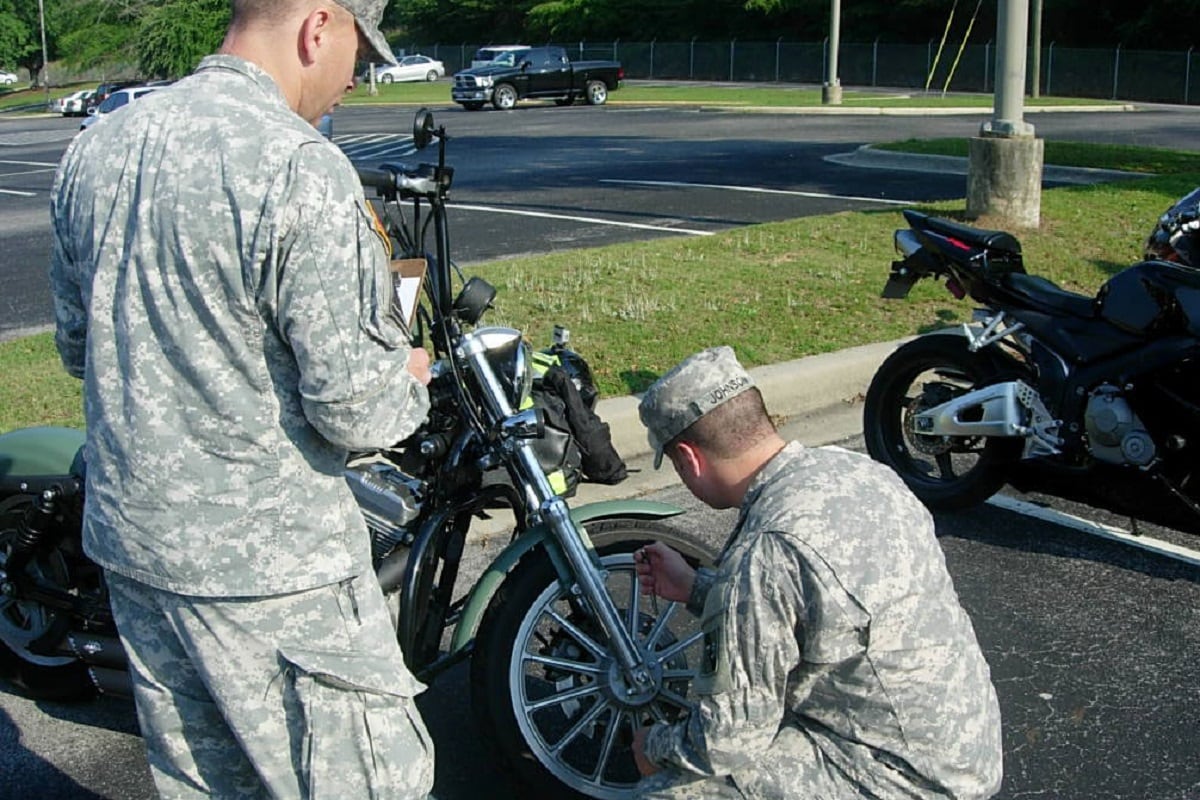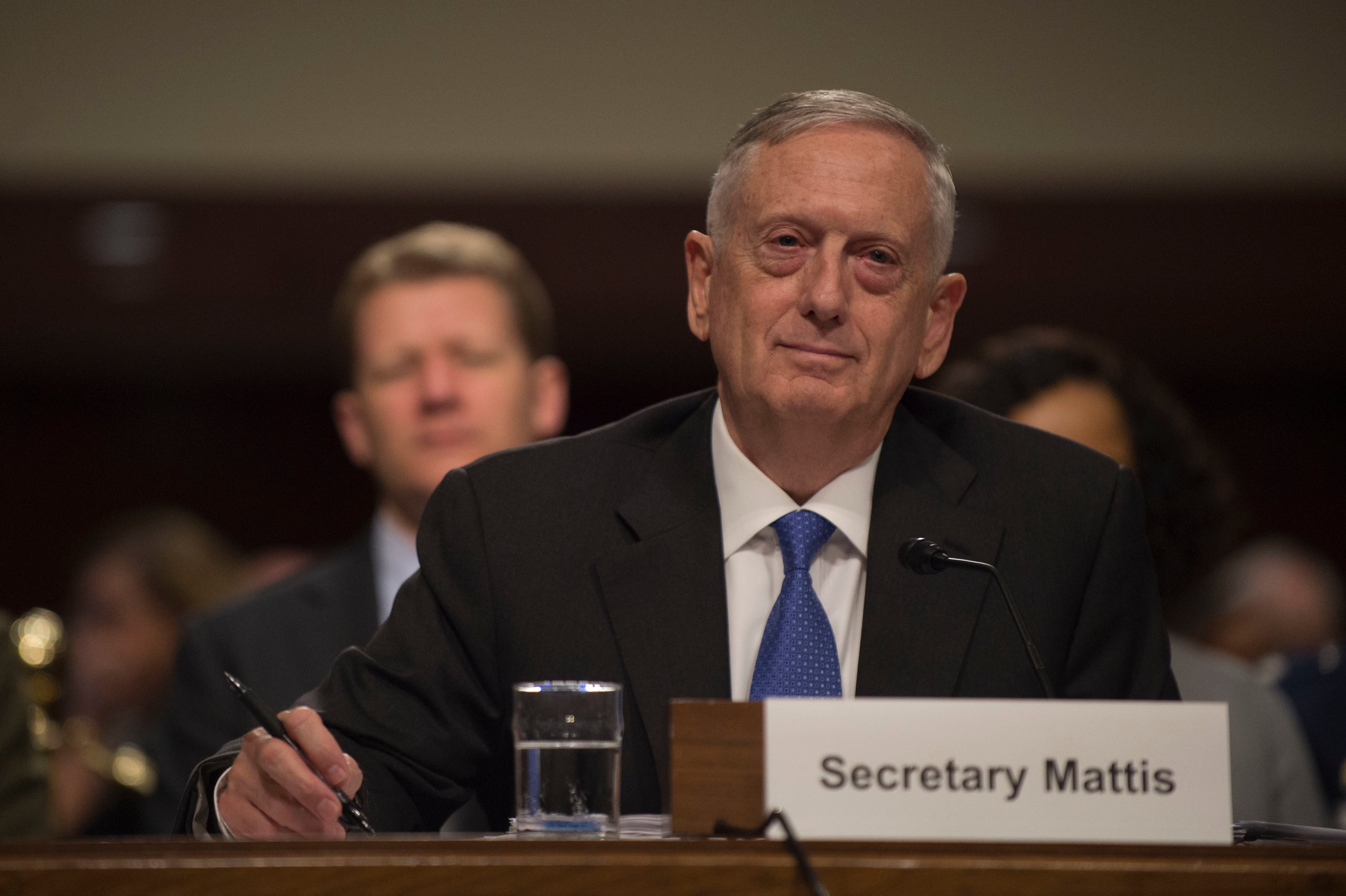Once upon a time, the Army thought it had no need for time-intensive tasks like privately owned vehicle inspections or command climate surveys.
But after one too many preventable car accidents and toxic leaders, the service has found itself bogged down by mountains of administrative checks and training designed to prevent disaster.
But Army Secretary Mark Esper wants to loosen the reins a little, to let commanders determine how and when units do training not directly related to combat, like equal opportunity, suicide prevention and substance abuse.
“One of the complaints is we’re doing all this mandatory training. And when you look at the numbers, it is astounding how much it has grown over the years,” Esper told Army Times in December, looking back on his 21 years as an infantry officer. “I felt that I had, again, great freedom to do what I wanted to do. I felt that I was trusted to train my soldiers, and I was accountable for it.”

Esper’s latest wave of cuts targets a broad swath of training and administrative tasks, in four memos released between May 9 and June 4.
As of May 9:
- Cultural, Regional Expertise and Language training is no longer mandatory.
- Code of Conduct, Personnel Recovery or Survival Escape Resistance and Evasion training is no longer mandatory.
- Tool room/crib inventory is now an annual, rather than semi-annual requirement.
“Commanders will evaluate individual missions or risks to personnel and may require this training if the circumstance dictates,” Esper wrote.
As of May 25:
- Unit command climate surveys are only required within 60 days (or 120 in the Guard and Reserve) of a change, rather then again at the six-month mark.
- Units no longer have to conduct Human Relations Readiness Training.
- Units no longer have to ensure that equal opportunity representatives’ demographics (race, religion, gender, etc.) are aligned with the units they serve.
- Organized annual suicide prevention and substance abuse training is no longer required.
- The Soldier Leader Risk Reduction tool is no longer required.
Leaders are encouraged to use the “engaged training module” to tailor any supplemental training or briefings to soldiers, rather than hold specific suicide or substance abuse prevention sessions, Esper wrote.
RELATED

As of June 4:
- Reserve units are no longer required to report all of their EO training and their quarterly training briefings.
- Multi-Source Assessment and Feedback, a 360-degree leader survey, is no longer required.
- POV inspections prior to a long weekend or holiday are no longer required.
- All units have received transgender integration training, so it is no longer required.
The long list of changes already enacted, from nine released memos so far, is the product of an ongoing review of Army headquarters mandatory training that Esper ordered late last year.
RELATED

“We’re doing about three a week or so,” he told Army Times on Tuesday.
The memos are being released down to commands, Esper said ― but not everyone in receiving them. Since April, two junior officers have reached out to Army Times, looking for copies of the memos to show to their chains of command.
“Maybe we post these online,” Esper said, once they’re sent out to commanders.
Meghann Myers is the Pentagon bureau chief at Military Times. She covers operations, policy, personnel, leadership and other issues affecting service members.





